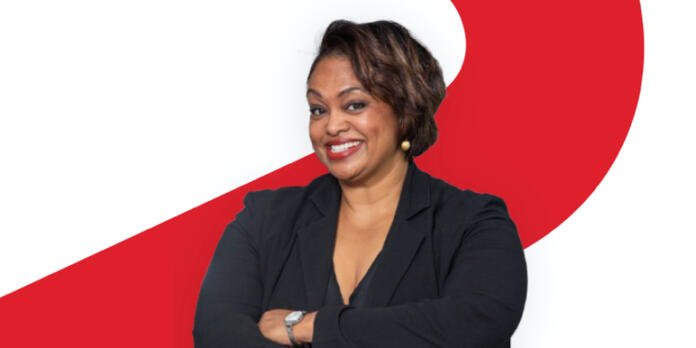Debt management firm, DebtBusters, recently released its Debt Index for the first quarter of 2022, which shows that middle-class South Africans are falling further into debt. Indeed, the data reveals that consumers have 31% less disposable income than six years ago, while their debt burden has grown.
Janine Horn, Financial Adviser at Momentum, says that overall, the most significant trend responsible for the sharp increase in debt is the fact that inflation has risen drastically while the average income has remained the same during this time.
“The latest Momentum | Unisa Consumer Financial Vulnerability Index (CFVI) not only confirms these findings, but predicts that the country’s middle-class is likely to only fall further into the debt trap. It has identified rising food prices and the fuel price, unemployment, political instability, and the Russian invasion on Ukraine as further risks that could increase consumers’ financial vulnerability in the future.”
Along with this, it is clear that many South Africans are still making poor decisions regarding their money. “As a result, the statistics show that that the average South African spends around 62% of their take-home pay to service their debt, and (as revealed by data from FNB) it takes an average of five days for a middle-income consumer to spend up to 80% of their monthly salary.”
Horn notes that, in the midst of this, it is no wonder that so many South Africans are not saving at least some of their income. “However, considering the fact that things are still getting tougher for the average consumer, it is becoming incredibly important to put away income and ensure your own financial freedom in the future.”
But how do you do that if you’re already spending so much of your income simply staying up to date on your debt repayments and basic requirements?
It may seem impossible, but Horn has a few simple tips that can get you on track:
- Educate yourself about good and bad debt
Always remember that not all debt is bad for your financial future. Debt such as car repayments and a mortgage are tools that help you generate income and build your net worth. When managed correctly and kept within you means, these have a positive impact on your life. By contrast, short-term or personal loans generally add to your problems.
- Manage and clear your bad debt
This is by far the hardest step, but self-discipline pays off. Start by setting up a budget for yourself and spending a little bit more on your debt repayments each month. Try to completely pay off your smallest debts first and work your way up until you’re free of all your bad debt.
- Avoid more bad debt
Again, a good household budget is crucial. Stay within your monthly means, avoid opening new credit accounts and start putting away that extra income instead.
- Get the help of a financial adviser
For saving, this is the golden rule – partner with a financial adviser who can help you manage and grow your savings wisely. Talk to them about different structures of interest rates and financial products that can take you to you goal. It is well worth the effort.
In closing, Horn says that the road to recovery is still a long one. “It may still be another couple of years before South African consumer finances can recover from the pandemic. In the meantime, make the right financial choices and seek the advice you need to weather the storm,” she concludes.















